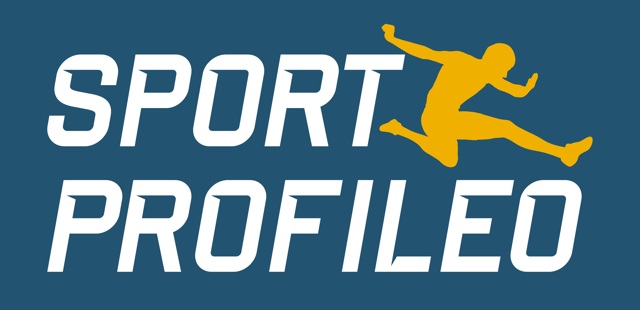When recruiting a top athlete, clubs are interested in many criteria that can predict future performance: statistics, age, experience, technique, track record, health and marketing potential. And what about his values? Is it relevant to take them into account, and if so, how?
THE IMPORTANCE OF VALUES IN SPORTS PERFORMANCE
Human collectives are built on values, whether these are explicit, and are for example the subject of a charter, or whether they remain implicit. These values are the basis of the collective identity. They contribute to the cohesion of the members of the group and to its performance. For example, a League 1 football club has built its identity around three values: "work, humility and conviviality". Volero Le Cannet (women's volleyball) has built its performance project around four values, including team spirit, involvement and respect.
These values serve as a compass for the sports group on its path to success. These values form the basis for the rules that make it possible to live together. Values are also the reference points for making decisions that make sense and are accepted by all.
INTEGRATING VALUES INTO RECRUITMENT CHOICES
What happens when a sports organisation recruits an athlete whose values are far from its own?
This is often a recipe for failure. Carlo Ancelotti, former coach of AC Milan, Chelsea, Real Madrid and PSG, says: "It is important to recruit profiles that match your own, share your conception of professionalism and the values of the organisation they are joining.
Conflicting values often lead to separations, whether initiated by the athlete or the organisation. "If you don't reflect the culture of the team... you'll be told to go to hell," says Anton Oliver, three-time Tri-Nations winner with the All Backs.
This iswhy many organisations try to assess the fit between their values and those of candidates. Companies such as Ikea, Faurecia and McDonald's have introduced "cultural fit" tests during recruitment. At Voodoo, the world leader in mobile video games, the recruitment process includes an interview specifically dedicated to values. It is conducted by an "old hand" from the company, who is perfectly familiar with the company's culture.
Organisations have sometimes been criticised for using this type of practice to look for clones, to reduce diversity within their teams, and in doing so, to shoot themselves in the foot. This criticism seems to me to be justified if the organisation uses these practices to recruit people who correspond '100%' to the organisation's values. On the other hand, if the company uses them to (1) reject candidates whose values are the opposite of its own and (2) establish a diagnosis that will be useful later for the integration of the selected candidates, this criticism no longer holds.
HOW CAN VALUES BE TAKEN INTO ACCOUNT IN THE RECRUITMENT OF SPORTSPEOPLE?
While there is no magic bullet that will work for all organisations and contexts, we suggest the following approach:
- Start by defining the values of the sports organisation, if these have not already been formalised. This initiative will also have positive effects far beyond recruitment, provided that these values are concretely embodied in the functioning of the organisation and the behaviour of its members.
- Translate these values into behaviour. Let's take the example of the Ligue 1 club that has made humility one of its values. How does the club expect this value to be expressed in the players' behaviour? What are the behaviours that, on the contrary, indicate a lack of humility? This translation of values into behaviours is essential to make the values observable and measurable
- Use cultural fit assessment methods: psychometric questionnaires, specific interviews or role-playing can be used to assess the values of a top athlete, and thus their fit with those of a sport organisation.
Would you like to know more about the assessment solutions for top athletes and coaches? Thenclick here!
Sources :
ANCELOTTI, Carlo, Mes joueurs et moi (Editions Hugo Sport, 2016)
KERR, James, The Secrets of the All Blacks (Thierry Souccar Editions, 2016)
www.volerolecannet.fr
